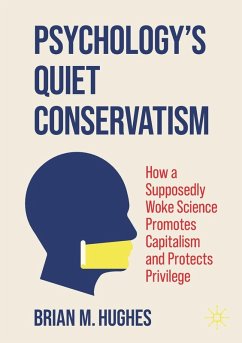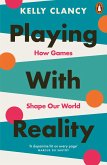What if psychology isn t as liberal as we think?
Psychology is often seen as a progressive discipline a champion of social justice, diversity, and liberal values. But this provocative book challenges that assumption. It argues that psychology, from its historical entanglements with eugenics and colonialism to its modern-day focus on individualism, has long served to reinforce the status quo.
Even as many psychologists identify as politically liberal, the field s methods, theories, and institutions often promote a worldview that downplays inequality, pathologizes dissent, and resists structural change. Psychology s emphasis on personal responsibility, resilience, and self-help frequently aligns more closely with conservative ideals than with progressive ones.
This book explores how the myth of a liberal bias in psychology has been weaponised in today s culture wars and how it distracts from the field s real political blind spots. It asks: what would it mean for psychology to truly live up to its promise of promoting human welfare?
Accessible, deeply researched, and sharply argued, Psychology s Quiet Conservatism is essential reading for anyone interested in how science shapes society and how society shapes science.
Psychology is often seen as a progressive discipline a champion of social justice, diversity, and liberal values. But this provocative book challenges that assumption. It argues that psychology, from its historical entanglements with eugenics and colonialism to its modern-day focus on individualism, has long served to reinforce the status quo.
Even as many psychologists identify as politically liberal, the field s methods, theories, and institutions often promote a worldview that downplays inequality, pathologizes dissent, and resists structural change. Psychology s emphasis on personal responsibility, resilience, and self-help frequently aligns more closely with conservative ideals than with progressive ones.
This book explores how the myth of a liberal bias in psychology has been weaponised in today s culture wars and how it distracts from the field s real political blind spots. It asks: what would it mean for psychology to truly live up to its promise of promoting human welfare?
Accessible, deeply researched, and sharply argued, Psychology s Quiet Conservatism is essential reading for anyone interested in how science shapes society and how society shapes science.








